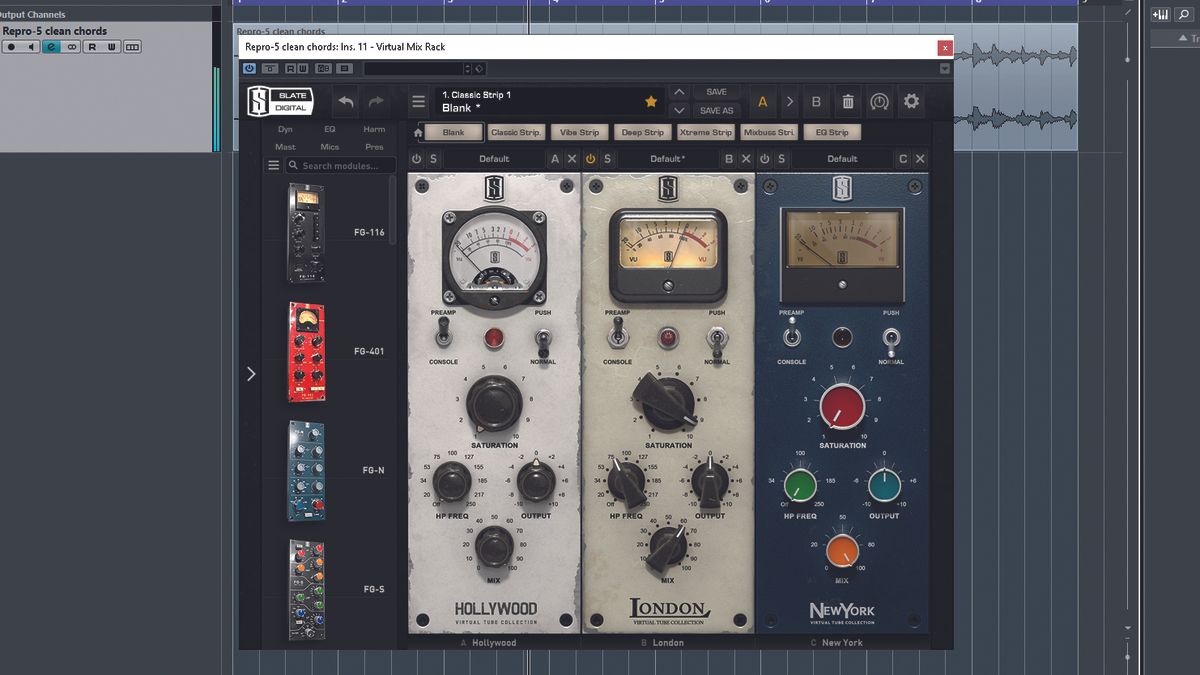What are the best (preferably standalone) digital effect units for experimenting and listening with different "sounds" (tube or "analog" sound) on your otherwise transparent hi-fi system (where the audio comes from digital sources) ?
Softube Tape, Fabfilter Saturn2, UAD Tape Bundle, and Klanghelm SDRR.
These are analog emulation plugins I often use in music production.
I can't tell you which is the BEST, because each of them has their application, some on a single track, some on the main bus.
But if you want to do some listening tests, I recommend the Saturn2.
Would you use some stereo guitar effect/multi-effect units or would you need to invest in more expensive units like the Eventide series?
Or is it better to use computer plug-ins?
Yes, amp simulation and effect plugins like Neural DSP and AmpliTube are what I'm using right now, the overall sound is "OK" to me, but, to people like well-experienced guitarists, they might not choose these plugins to play with.
Or is it better to drop it, and just buy some real analog pre-amp?
It actually depends on your budget and your situation.
For example, I am a bedroom musician and I work (play) in my tiny sweet home studio, and when I'm about to record guitar I simply don't have enough space for a big-sized amp and cabinet, and I have to consider my neighbors.

So I HAVE TO record the DI signals into the computer and do some processes in post.
So the main problem is LIMITATION I guess, if I can do anything I want, I will definitely choose the real analog one.

BUT, I guess what you really want to ask is the difference or the gap between the REAL one and the DIGITAL one, well that's a hard question, gearspacers have already argued this topic for many years, you should go
there and ask this.


 So I HAVE TO record the DI signals into the computer and do some processes in post.
So I HAVE TO record the DI signals into the computer and do some processes in post.